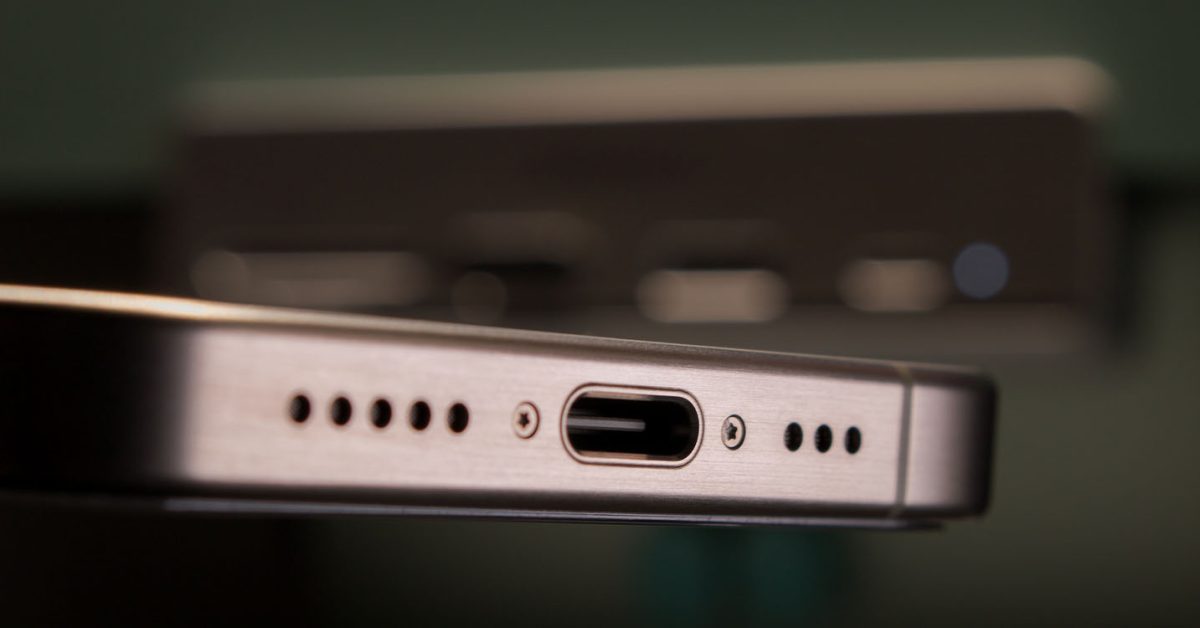Apple Faces Three Major Issues with New USB-C Charging Port Law

Apple may face trouble in India as the country plans to follow the European Union’s USB-C charging port law. This means all smartphones will have to adopt the USB-C standard, which could pose issues for Apple. The law is expected to affect both new and old iPhone models and could impact Apple’s manufacturing and sales in India.
Initially, the original iPhone used a 30-pin connector, which was later replaced with the Lightning port. While Apple has embraced USB-C for other products like the Mac and iPad, it was forced to make the switch for the iPhone due to the EU’s regulation on reducing e-waste and allowing consumers to use the same chargers for multiple devices.
India now plans to replicate this law in an effort to reduce e-waste as well. However, the proposed legislation could pose three major problems for Apple. First, many customers in India rely on older, more affordable iPhones, which are still manufactured in the country. Second, Apple has set manufacturing volume targets in India in order to receive tax incentives. If the company can no longer produce older iPhone models, it may struggle to meet these targets, resulting in higher production costs. Lastly, India is Apple’s second-biggest iPhone manufacturing hub after China, and the new law could negatively impact the company’s efforts to reduce dependence on China.
In response to the law, Apple is lobbying for exemptions for older models or a delayed enforcement of the legislation. However, it remains to be seen how the Indian government will respond, as they have previously been strict in enforcing their regulations.
Overall, the situation is complex, with both Apple and India having a shared interest in manufacturing iPhones in the country. It’s hoped that a resolution can be reached to benefit both parties. However, the decision may not come quickly, and the outcome remains uncertain.
